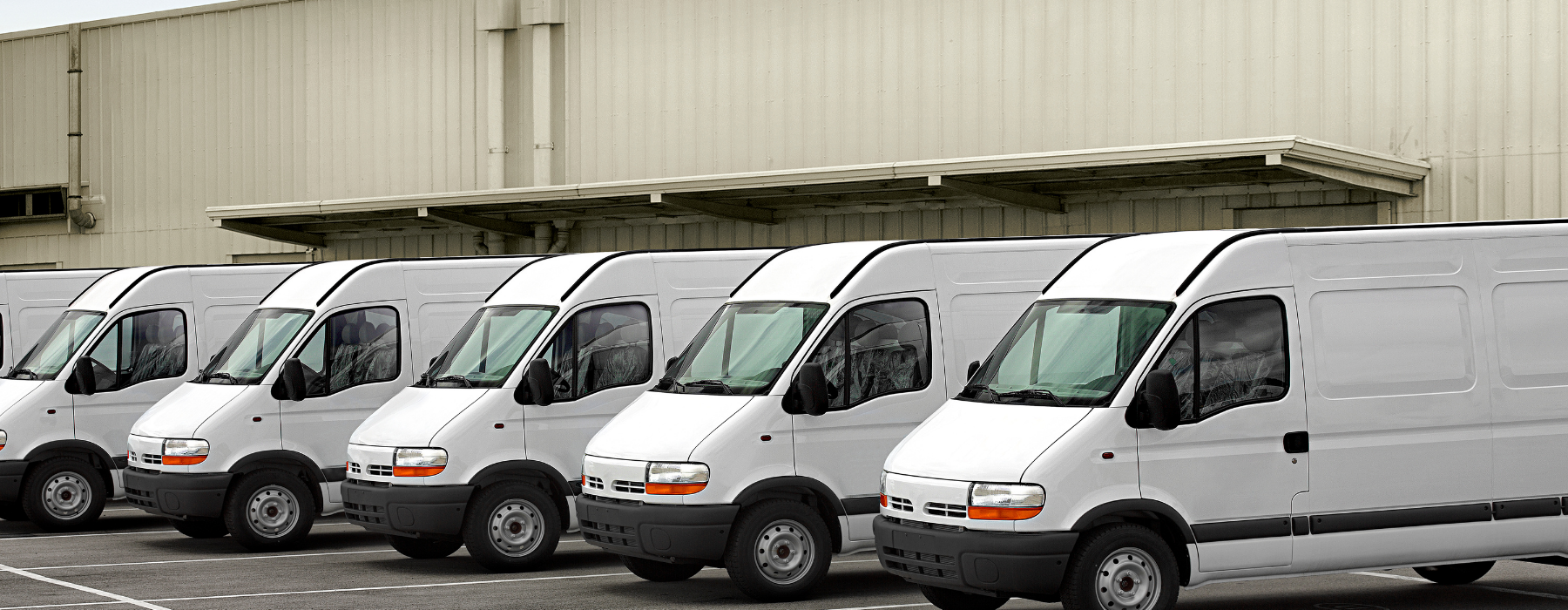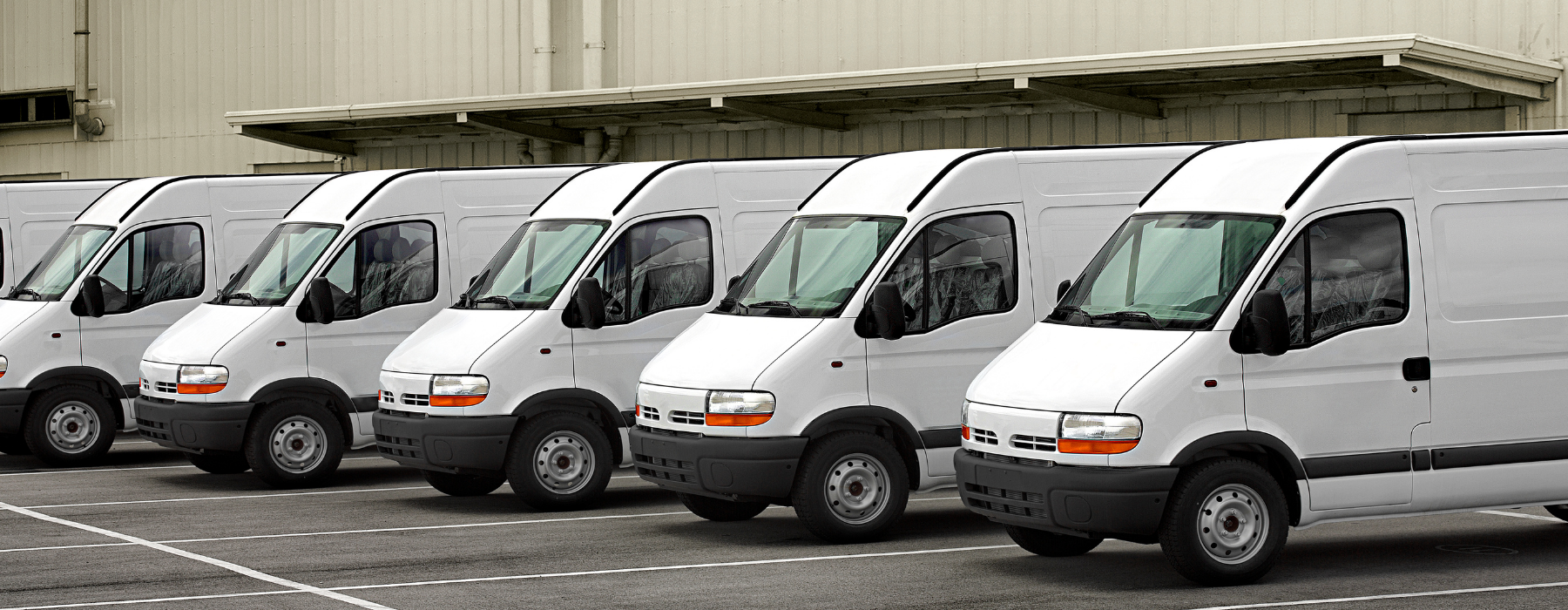Telematics has become one of the most important technologies shaping the modern UK motor industry. From reducing claim costs to improving fleet performance and helping insurers price premiums more accurately, telematics is no longer viewed as optional. It is becoming a strategic essential. As more fleets, leasing firms and motor businesses adopt connected vehicle technology, telematics is now deeply linked with profitability, driver safety and long term business resilience.
This blog explores why telematics has advanced so quickly, how UK motor businesses are using it, and the key benefits that make telematics insurance and fleet telematics systems such powerful tools. It is written with SEO best practice in mind, fully aligned with motor industry search intent.
What Is Telematics and Why Does It Matter to the Motor Industry?
Telematics is the technology that monitors, records and reports real time vehicle data. It captures information such as speed, acceleration, braking, fuel consumption, engine performance and GPS location. This data is sent securely to a cloud based platform where it can be used to understand driver behaviour, reduce fuel spend, improve vehicle health and support more accurate motor insurance pricing.
For the UK motor industry, telematics matters because it brings visibility. It gives insurers a clear picture of risk. It helps fleet managers understand exactly how their vehicles are performing. It shows where money is being wasted through poor driving habits, idling and inefficient routes. In a competitive market with rising costs, telematics helps businesses control what they can measure.
Why Telematics Insurance Is Growing Fast
Search volumes for telematics insurance, black box insurance and connected motor insurance products continue to rise because customers want fairer pricing. Traditional motor insurance uses broad risk categories. Telematics insurance uses real driving data to set premiums. This is especially valuable for young drivers and high mileage drivers who want personalised pricing based on how they drive.
Motor insurers use telematics data to:
- Build more accurate risk profiles
- Detect fraudulent claims
- Create safer driver scoring systems
- Reward good driving through lower premiums
- Improve claim handling with precise location and event data
This makes telematics insurance attractive to both insurers and customers. It reduces uncertainty, lowers claims costs and strengthens profitability in an industry with tight margins.
How Fleets Use Telematics to Cut Costs
Fleet telematics has become vital for UK businesses that run vans, cars and commercial vehicles. Fleet managers rely on telematics systems to track vehicle use, manage fuel costs and keep drivers safe on the road. With fuel prices remaining high and vehicle maintenance costs increasing, telematics gives fleet operators the insights they need to reduce unnecessary spend.
Key fleet telematics benefits include:
1. Lower fuel consumption
Telematics identifies harsh acceleration, excessive idling and inefficient routes. By addressing these behaviours, fleets can cut fuel costs significantly.
2. Improved driver safety
Driver behaviour monitoring helps businesses identify risky habits. Coaching and training based on real data reduces collisions and improves safety culture.
3. Better compliance management
Telematics supports driver hour monitoring, service schedules, vehicle checks and duty of care responsibilities. This reduces the risk of non compliance penalties.
4. Faster and more accurate dispatching
GPS tracking improves route planning and customer service. Businesses can send the closest available vehicle and reduce delivery times.
5. Reduced maintenance spend
Engine diagnostics, fault code alerts and predictive maintenance help prevent costly breakdowns and extend vehicle life.
These cost savings make telematics one of the most effective tools available to any motor business looking to improve operational efficiency.
The Role of Telematics in Claims and Accident Management
Accurate crash detection is a major advantage of modern telematics systems. When a collision occurs, telematics technology can identify the impact force, direction and speed at the time of the incident. This information supports faster and more reliable claims reporting, which reduces claim leakage and speeds up the decision making process.
Insurers and accident management firms benefit from:
- Verified event data that reduces fraud
- Faster allocation of recovery vehicles
- More efficient repair and total loss decisions
- Better customer experience due to quicker response times
For businesses running multiple vehicles, faster claims handling reduces downtime. Every day a vehicle is off the road leads to lost revenue. Telematics helps fleets get back to work sooner.
Telematics and the Move Toward Predictive Analytics
The future of telematics is predictive. As motor industry data grows, artificial intelligence and machine learning models are increasingly able to identify trends before they become problems. This includes predicting the likelihood of driver incidents, forecasting maintenance requirements and identifying vehicles at higher risk of mechanical issues.
Predictive analytics helps insurers control claims costs and price more accurately. It helps fleets create forward looking maintenance schedules that prevent breakdowns. It also ensures businesses can manage risk with more confidence.
In a highly competitive motor market, real time data and predictive intelligence give companies a significant advantage.
Why Motor Businesses Should Invest in Telematics Now
Choosing a telematics solution is no longer just about vehicle tracking. It is about giving your business the insights needed to control risk, cut costs and improve safety. As the UK motor industry becomes more connected, businesses that fail to adopt telematics risk falling behind competitors who understand their operations through real data.
Telematics is already influencing insurance premiums, fleet performance, fuel spend, customer satisfaction and claims management. It is a proven technology with measurable returns.
For fleets, insurers, brokers, dealers and motor traders, telematics offers a powerful combination of visibility, efficiency and long term operational resilience.



















